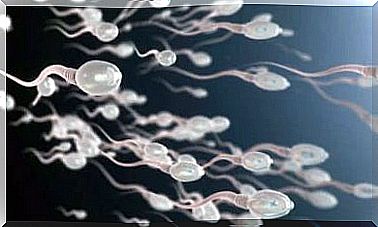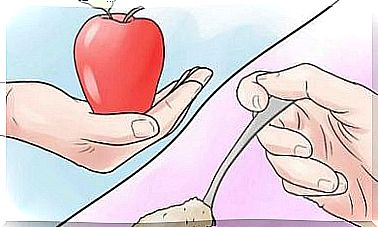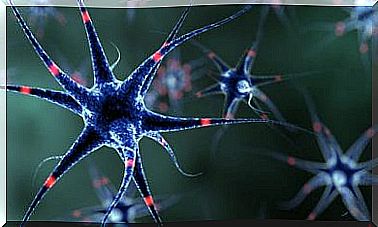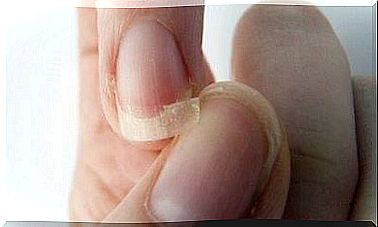Breast Secretions: Causes And Recommendations

Breast secretions can be quite uncomfortable, but each situation has a different cause. It could be anything from breast dysplasia to cancer, but the latter is less common.
In medical terms, this condition is known as “telorea” and refers to any secretion of the breasts outside of pregnancy or breastfeeding. “Galactorrhea”, a similar term, refers to milk production and usually occurs due to hormonal causes.
Read on to find out everything you need to know about this topic!
Are there any other symptoms besides nipple discharge?
There may be constant pain or pain only during fluid production, depending on the cause. It is also possible to detect a table or node with various characteristics (size, location, mobility and construction).
The secretion is unilateral (affects only one breast) in most cases, but can be bilateral when there are hormonal problems. There may also be a nipple retraction or redness of the skin, suggesting the underlying inflammation.

Reasons for breast secretions to occur
Breast secretions: the most common causes
Prolactin is a hormone responsible for stimulating the production and secretion of breast milk. In turn, this is regulated in the brain by a neurotransmitter known as dopamine.
Treatment with certain drugs that have a direct effect on the central nervous system may involve changes in the body’s dopamine levels, which also affects the production of prolactin and breast milk.
Also, drugs such as phenothiazines, some antidepressants and anxiolytics can cause the secretion of milk outside the breastfeeding phase.
This is usually a benign condition, although it gets attention because of its characteristics. In fact, more medical tests and tests are needed.
The secretion is spontaneous and often occurs in premenopausal patients. As in the previous example, this disease originates in the milk duct.
There is a proliferation of cells, which eventually leads to the formation of a small mass, capable of producing serous secretion with blood (seroematic).
This type of condition is known as “breast dysplasia”. In addition, it is one of the most common benign breast diseases, according to several epidemiological studies. It consists in the proliferation of “supporting tissue” (connective tissue) and can occur during the reproductive stage of the woman.
The disease leads to the formation of moderate-sized masses, which can be painful and can produce a whitish secretion through multiple holes. It generally affects both breasts and is one of the most common reasons for visiting a gynecologist.
Depending on the patient’s age, the doctor will request tests such as mammography to determine the likelihood of a malignant lesion. But this rarely happens.
Uncommon causes
This cause is one of the least common. In fact, in very few cases the secretion of the breast has a malignant origin. Breast cancer usually occurs in silence, which is why it is detected in the late stages.
There may be a retraction of the nipple and the presence of a mass nearby when this happens, which is dense and not always painful. Your doctor will prescribe appropriate diagnostic tests, such as a mammogram.
When to go to the doctor if you are experiencing breast secretions

How doctors treat this condition depends entirely on the triggers. In fact, some cases require therapeutic measures only if it is a considerable discomfort.
Treatment may include surgery to remove the mass involved if there is a proliferation of tumor tissue (papillomas, prolactinomas and cancer).
Dose adjustment or change of treatment is the only solution to the problems developed due to drug use. In contrast, infectious diseases may require surgical drainage (such as abscesses) and the administration of antibiotics for several days.
Consulting a doctor will help prevent complications
Breast secretion is a common problem, and the causes are numerous and diverse, as are the therapeutic options. Always consult a specialist for the correct evaluation of any type of symptom.
Although not all doctor visits should be treated as emergencies, it is preferable to schedule a consultation as soon as possible to stay calm. Seemingly insignificant symptoms could mask serious conditions.









